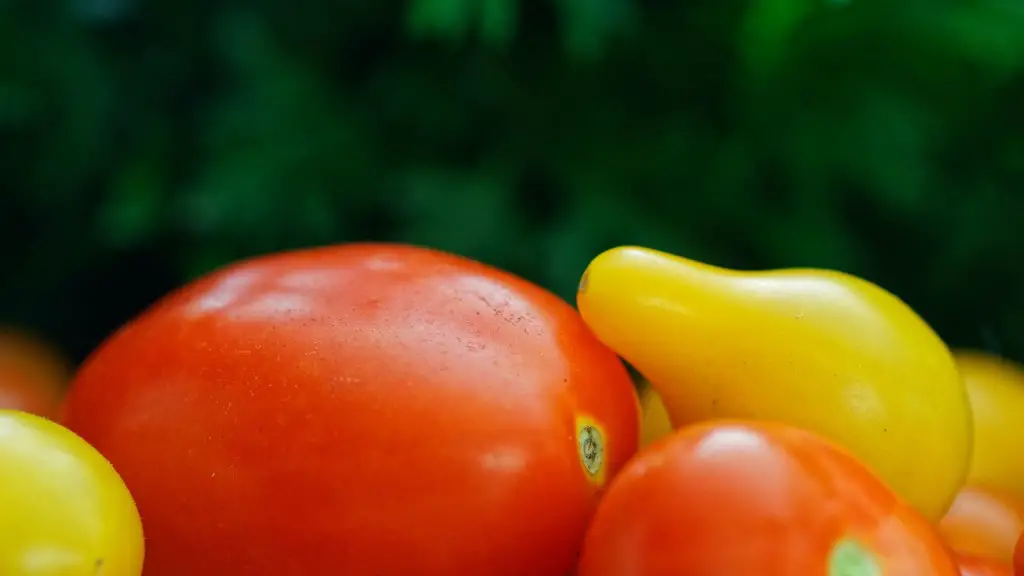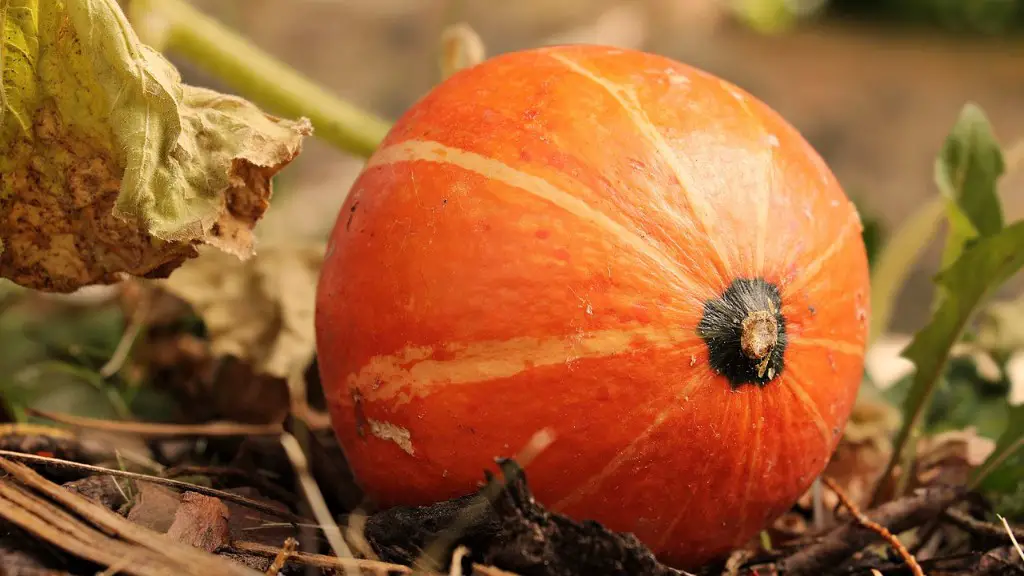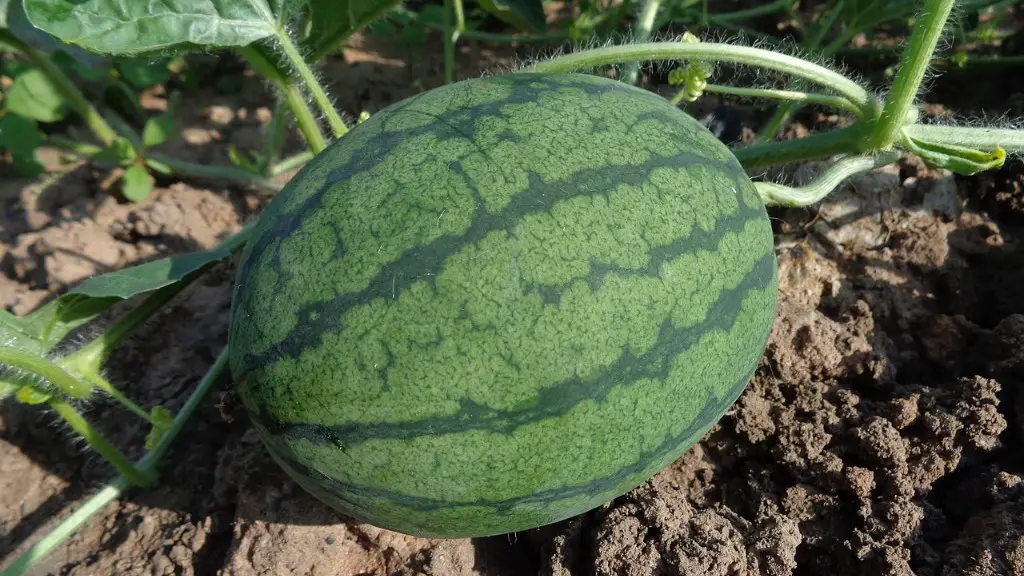The debate over organic agriculture is one that has been around for some time. On one side are those who argue that organic agriculture is better for the environment, while on the other side are those who argue that it is not. There are a number of factors to consider when determining which side is correct. This paper will explore some of those factors in an attempt to determine which side is correct.
There is no easy answer to this question as there are many variables to consider. Some people believe that organic agriculture is better for the environment because it does not rely on synthetic fertilizers and pesticides. Others believe that conventional agriculture is better for the environment because it uses those products in a way that reduces pollution and negative impacts on ecosystems.
Does organic farming reduce environmental impacts?
Organic agriculture is a form of agriculture that focuses on producing food without the use of synthetic pesticides, herbicides, or fertilizers. This type of agriculture reduces the amount of non-renewable energy used in the production of food. In addition, organic agriculture can help to mitigate the greenhouse effect and global warming. This is because organic agriculture helps to sequester carbon in the soil.
Conventional agriculture is the main cause of increased greenhouse gas emissions, soil erosion, water pollution, and threats to human health. Organic farming has a smaller carbon footprint, conserves and builds soil health, replenishes natural ecosystems for cleaner water and air, all without toxic pesticide residues.
How much does organic agriculture benefit the environment
Organic practices are important for keeping our water supply clean. By prohibiting the use of petroleum-based fertilizers and absorbing carbon dioxide from the air, organic agriculture helps to reduce our carbon footprint and combat climate change.
Organic farming is crucial for the preservation of our soil’s composition. By utilizing practices that maintain and improve fertility, soil structure, and biodiversity, organic farmers help reduce the risks of exposure to toxic materials for both humans and animals. In addition, organic farming helps reduce soil erosion, which is a major problem in many parts of the world.
Why we should not increase organic agriculture?
Organic farming has a huge downside because it requires more land than conventional farming. This means that there is less land available for carbon sequestration, which can contribute to climate change.
Organic farming is a great way to reduce greenhouse gases because it does not use fossil fuel-based fertilizers or synthetic pesticides. This means that organic farming has a significantly lower carbon footprint.
Why organic agriculture may not be so sustainable?
Organic farming is a type of agriculture that relies on natural processes, rather than synthetic ones, to enhance crop growth. This means that organic farms must use more land to grow the same amount of produce as traditional farms that rely on synthetic fertilizers. As a result, organic farming can lead to deforestation if not properly managed.
Organic farming has a lot of disadvantages. The first one is that organic produce costs more since the yield from a land is not as much as what farmers produce through the conventional methods. Also, the production cost is high since a lot of labor and time are involved. There exists a lot of gap in distributing and marketing organic products.
What are the problems with organic agriculture
Organic growers in the US face a number of challenges that can impact their operations. These include lower yields relative to conventional farming, difficulty maintaining high quality soil nutrients, gaining proper certifications and market access. Organic growers must be aware of these challenges and take steps to overcome them in order to be successful.
Organic food is more expensive to buy than non-organic food. Many people believe that organic food does not allow the use of any chemicals. However, this is not the case, as organic food production does allow for the use of a limited number of chemicals.
What are the 3 benefits of organic farming?
In general, organic farming practices are beneficial to the environment. They result in fewer pesticides being used, less soil erosion, and less nitrate leaching into groundwater and surface water. However, these benefits are offset by higher food costs for consumers and generally lower yields.
Organic farming has many benefits that make it a more sustainable and environmentally friendly choice for farmers and consumers alike. Some of these benefits include promoting healthy and tasty food, generating income, and providing employment. Additionally, organic farming is an inexpensive process that uses organic inputs, making it a more viable option for small-scale farmers. Finally, organic farming can generate income through exports, making it a more sustainable option for developing countries.
Why organic farming is better than green revolution
Organic farming is a type of agriculture that follows the ideal that the way our great grandparents used to farm was safer, healthier for us and better for the environment. In organic farming, no chemical fertilizers are used on the soil and no pesticides are sprayed on the plants. The seeds used to produce plants have not been genetically altered.
Organic farmers often incur higher costs for their farming practices, which are designed to be sustainable and environmentally friendly. These extra costs are typically passed on to the consumer in the form of higher prices for organic foods. While some people are willing to pay the premium for organic foods, others find the added cost to be a barrier to entry. In order to make organic foods more accessible to a wider range of people, it is important to continue to support research and development initiatives that aim to reduce the cost of organic production.
Does organic farming increase carbon footprint?
Organic agriculture systems are much more efficient in terms of CO2 emissions per hectare than conventional systems. This is due to the fact that organic systems use less energy and emit less pollution.
Organic farming practices that lead to energy savings include:
-Using compost and other organic amendments to improve soil health, which can reduce the need for synthetic fertilizers
-Using crop rotations and other management practices to reduce the need for pesticides and herbicides
-Using mechanical weed control methods instead of herbicides
-Using cover crops and mulches to reduce soil erosion and the need for tillage
-Using natural predators and other methods to control pests, instead of relying on synthetic pesticides
Warp Up
There is a great deal of debate surrounding the idea of organic agriculture and whether or not it is actually better for the environment. Defenders of organic agriculture argue that it is a more sustainable and environmentally friendly way of farming than traditional methods, while opponents argue that organic agriculture can be just as harmful to the environment as any other type of farming. The truth is that organic agriculture has both its advantages and disadvantages when it comes to the environment, and it ultimately depends on the specific practices used by the farmer as to whether or not it is actually beneficial.
It is clear that organic agriculture is better for the environment. Not only does it reduce pollution, but it also helps to conserve resources and promote sustainable practices.





